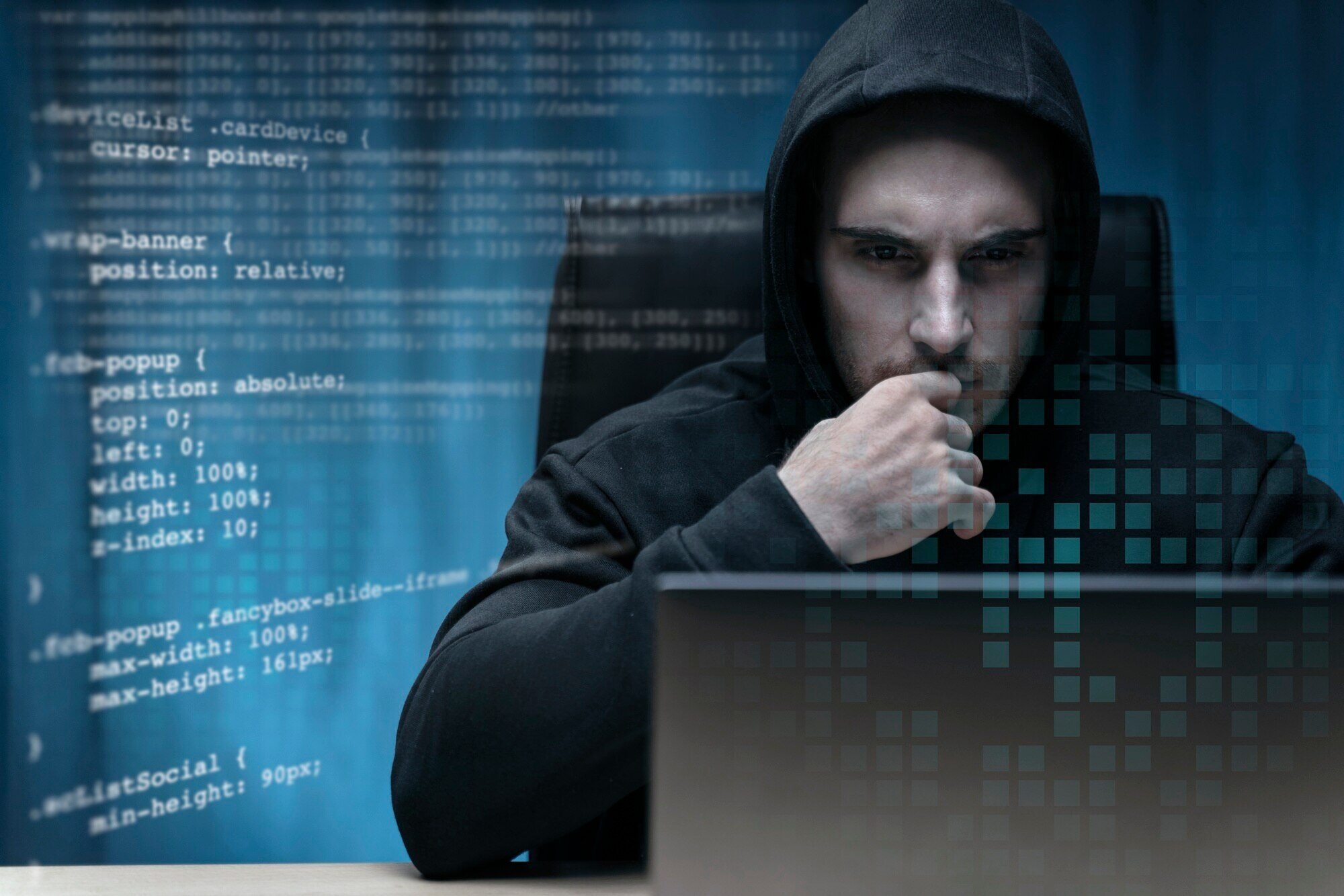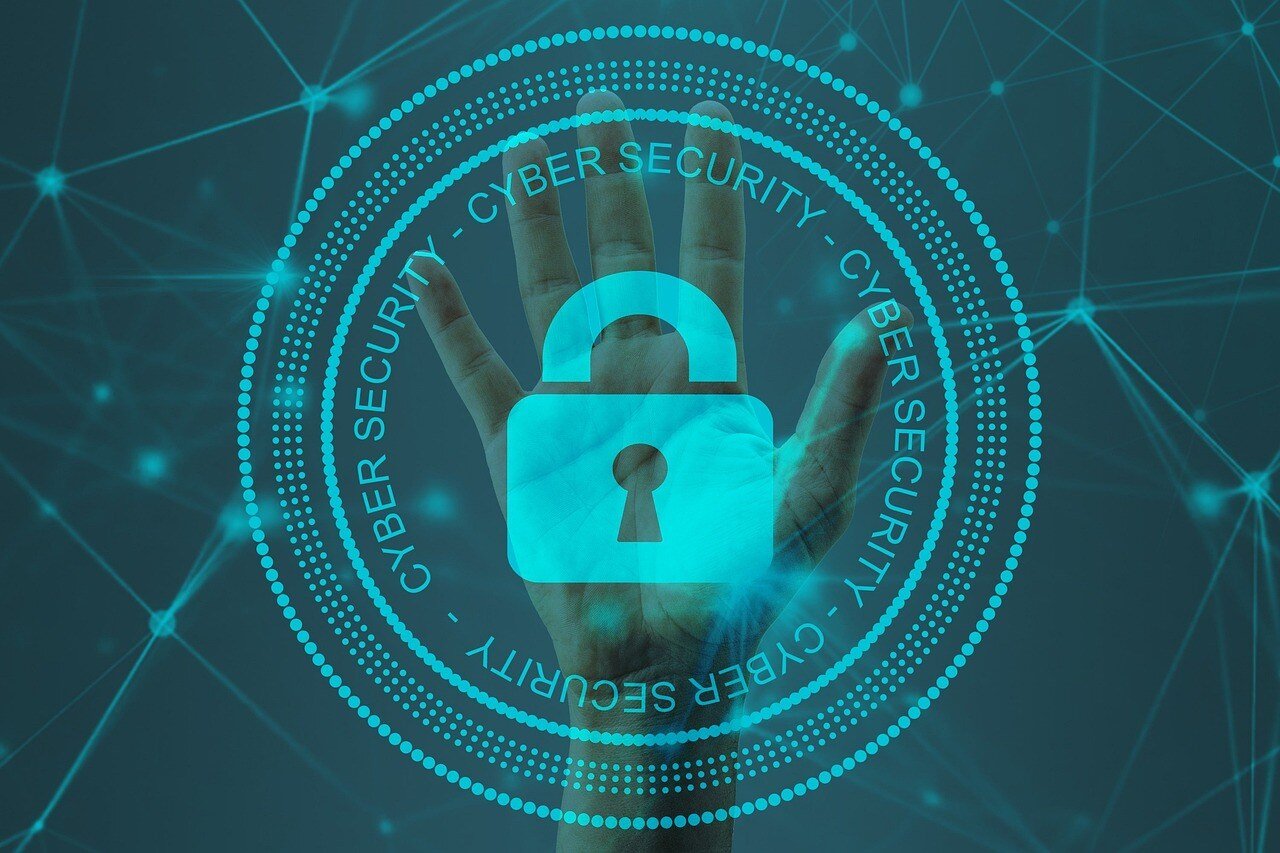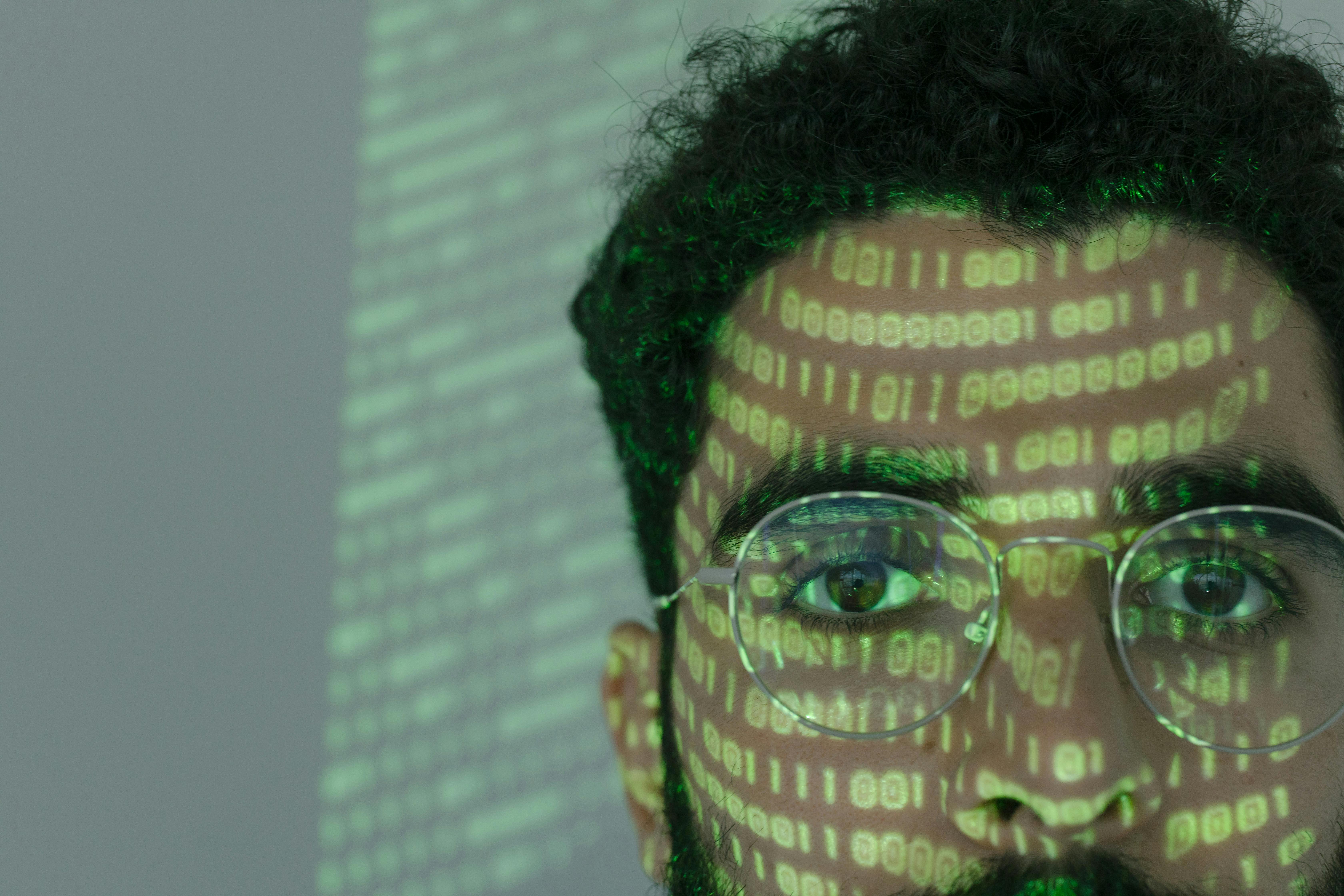

As the hospitality industry increasingly relies on digital systems for operations and guest management, cybersecurity has become a top priority. Hotels handle large amounts of sensitive guest data, including credit card details, personal preferences, and identification documents. This makes them prime targets for cyberattacks, particularly ransomware and phishing. To protect their reputation, avoid legal consequences, and maintain guest trust, hotels must implement robust cybersecurity measures.
Cyberattacks are on the rise, and the hotel industry is a prime target for malicious actors. Hotels manage vast amounts of personally identifiable information (PII), making them attractive targets for cybercriminals seeking to steal credit card data, personal details, and other sensitive information. Common threats include ransomware, where hackers encrypt data and demand payment to release it, and phishing scams, which trick employees or guests into revealing login credentials or financial data. These attacks can have devastating effects, ranging from financial losses to long-term damage to the hotel's reputation.

To protect against these growing threats, hotels need to implement advanced security measures. This includes firewalls to block unauthorized access, encryption to protect sensitive data, and multi-factor authentication (MFA) to verify user identities and prevent unauthorized system access. These measures ensure that guest data remains protected from external threats and prevent breaches that could compromise the integrity of hotel systems. By investing in robust security protocols, hotels can build trust with guests, reassuring them that their data is safe.

Adhering to data protection regulations is crucial for hotels to avoid legal penalties and maintain guest trust. GDPR (General Data Protection Regulation) in the EU and other local regulations around the world set strict guidelines for how guest data should be handled, stored, and protected. Hotels must ensure compliance by implementing secure systems that protect guest information and maintain transparent data practices. This includes providing guests with the option to control their data, ensuring it's stored safely, and notifying them promptly in case of a breach. Failure to comply can lead to hefty fines and damage the hotel’s reputation.

As the hospitality industry continues to adopt digital tools, ensuring cybersecurity becomes increasingly vital. By implementing advanced security measures, training staff, and ensuring compliance with data protection regulations, hotels can protect sensitive guest information and avoid costly breaches. Prioritizing cybersecurity will not only help prevent attacks but also build trust with guests, showing them that their privacy and security are top priorities. Hotels that take these steps will be better positioned to avoid penalties and attract data-conscious travelers, who value hotels that prioritize their personal information. In a world where cyber threats are becoming more sophisticated, a proactive cybersecurity approach is essential to stay competitive in the hospitality industry.
Social Share: